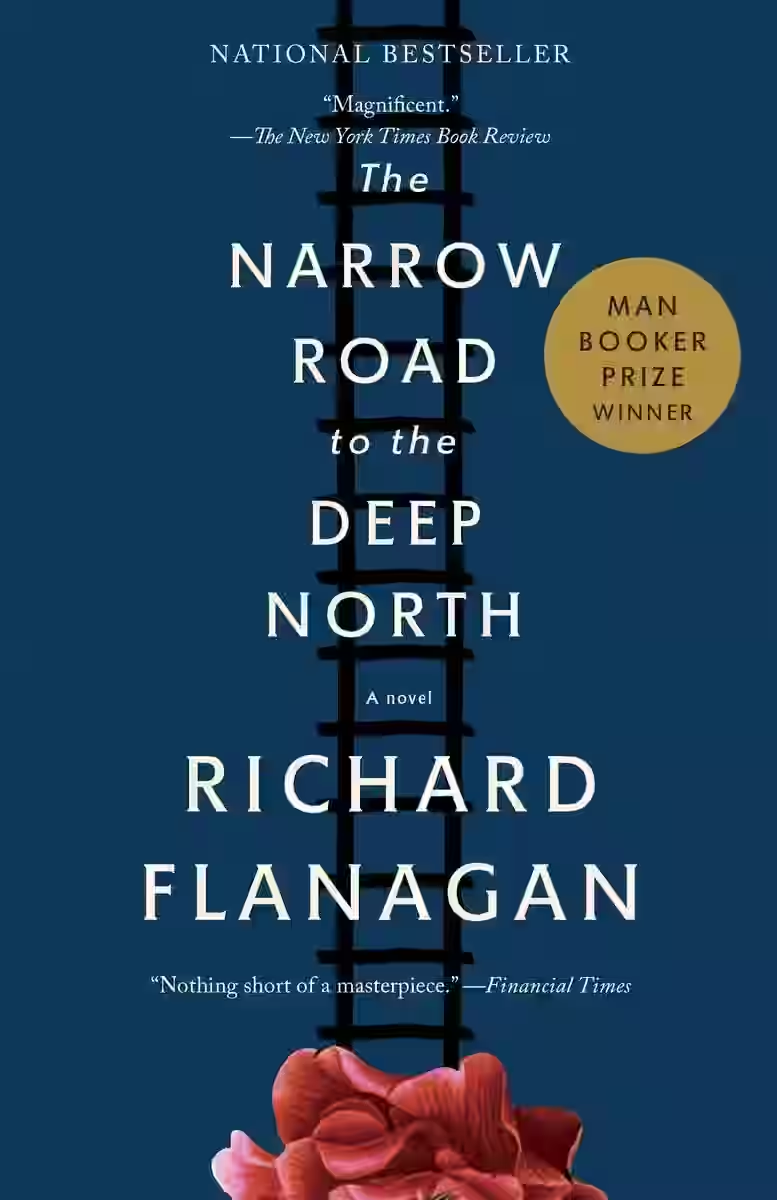
The Narrow Road to the Deep North is a haunting and powerful love story set against the brutal backdrop of a Japanese prisoner-of-war camp during World War II. Richard Flanagan explores the enduring impact of war, the complexities of human relationships, and the search for redemption through the intertwined narratives of a surgeon and his lost love.
About Richard Flanagan
An acclaimed Australian author, who won the Booker Prize for his novel, The Narrow Road to the Deep North. His work often explores war, history, environmental themes, and the complexities of human suffering, particularly within the context of Australian experience. Flanagan's lyrical prose, moral depth, and ability to craft powerful, emotionally resonant narratives have made him a significant voice in contemporary Australian literature.
Similar Books
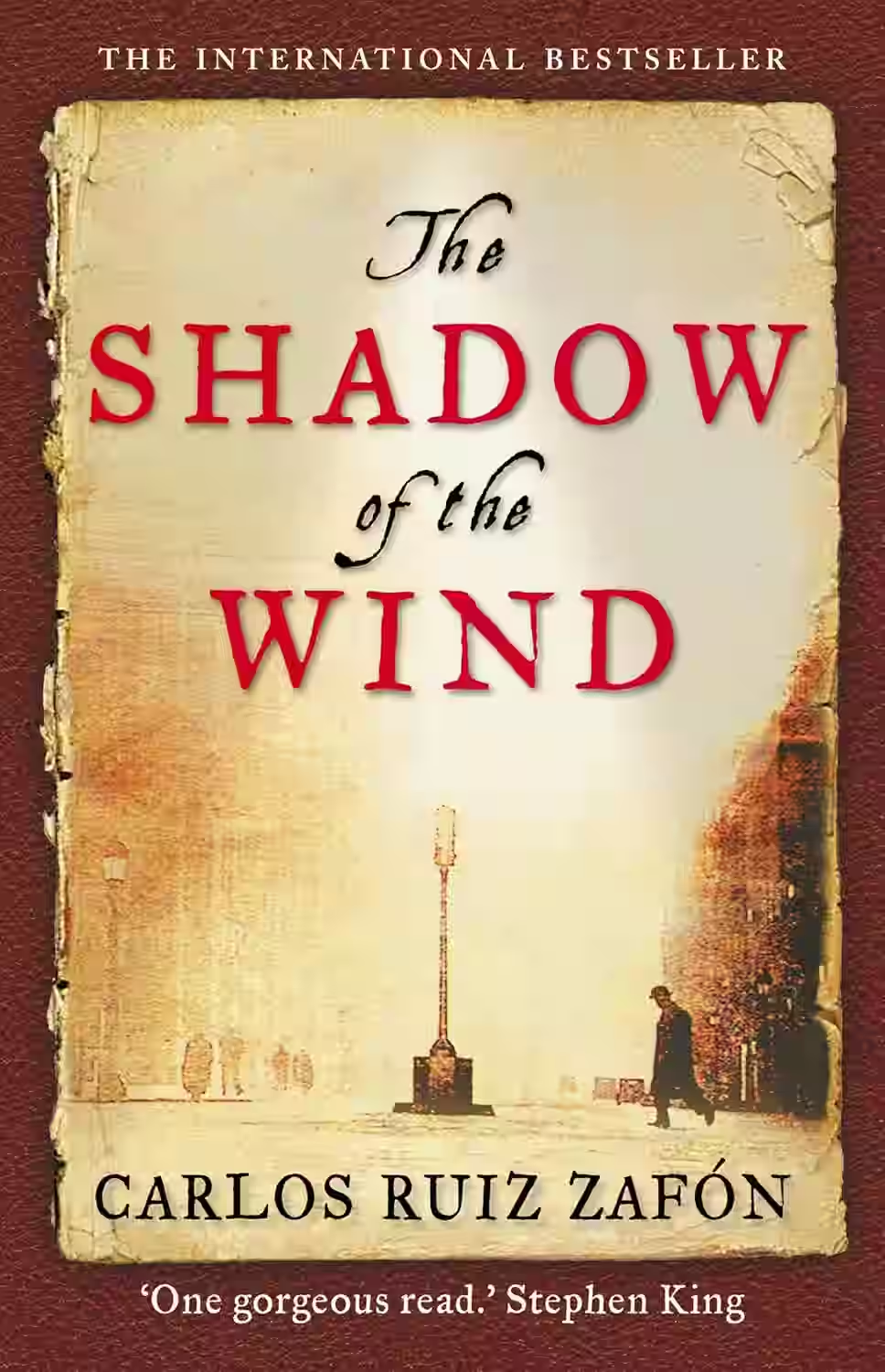
The Shadow of the Wind
Series: The Cemetery of Forgotten Books (#1)
In post-Civil War Barcelona, young Daniel is introduced to a mysterious book that will change his life forever. When he tries to find other works by the author, he discovers a dark mystery involving a disfigured man who has been systematically destroying every copy of every book the author has written. Daniel's investigation pulls him into a story of murder, madness, and doomed love.
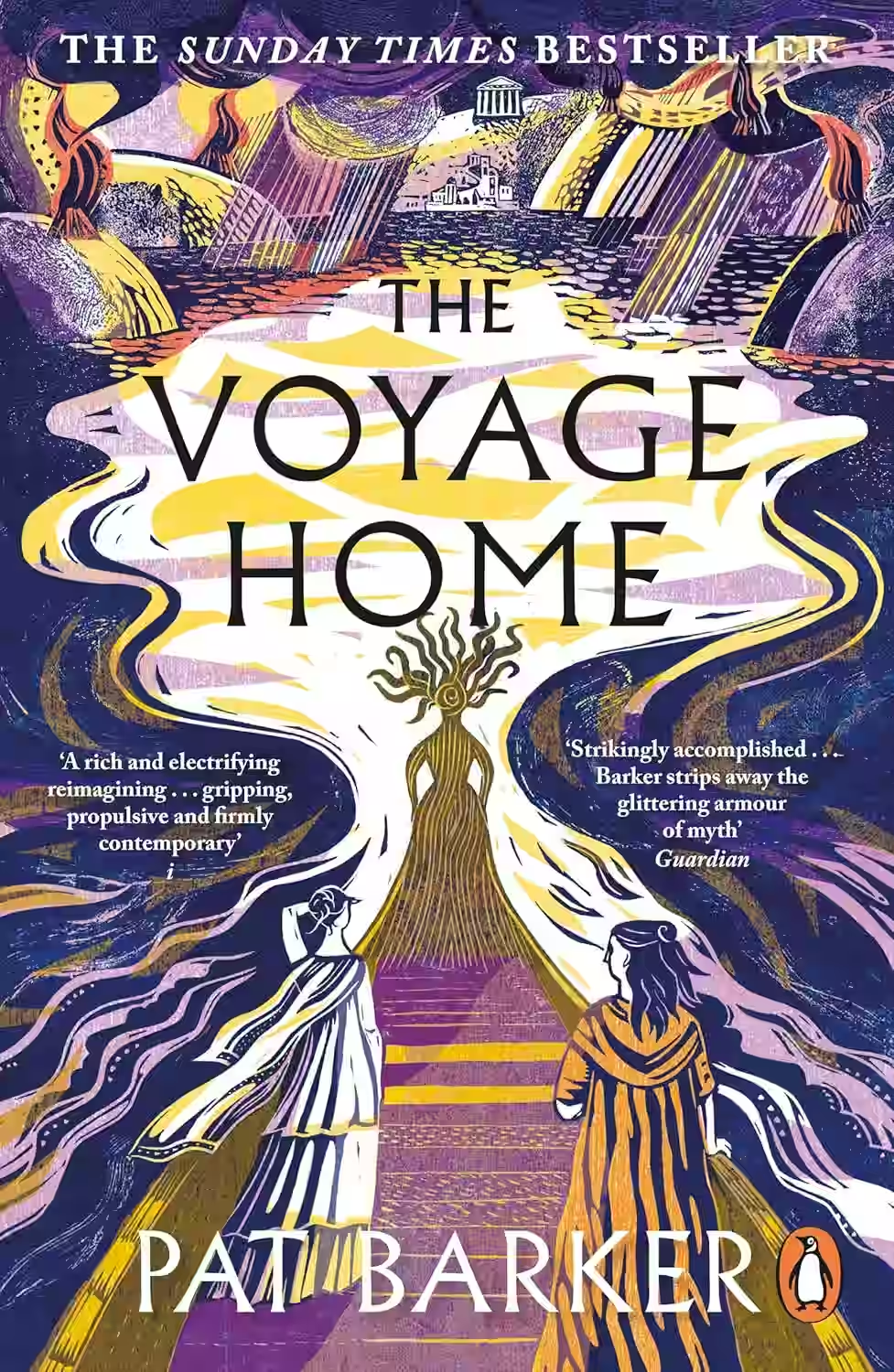
The Voyage Home
by Pat Barker
Series: The Women of Troy (#3)
In 'The Voyage Home', Pat Barker masterfully explores themes of identity, trauma, and the relentless quest for self-discovery in a post-war world. Set against the backdrop of a society trying to piece itself back together, the narrative follows a diverse ensemble of characters grappling with their pasts as they seek a sense of belonging and purpose. Barker's lyrical prose intricately weaves personal stories with broader historical context, creating a vivid tapestry of human resilience and vulnerability. The novel's introspective nature coupled with its emotionally charged journey invites readers to reflect on their own paths and the complex interplay between memory and healing.
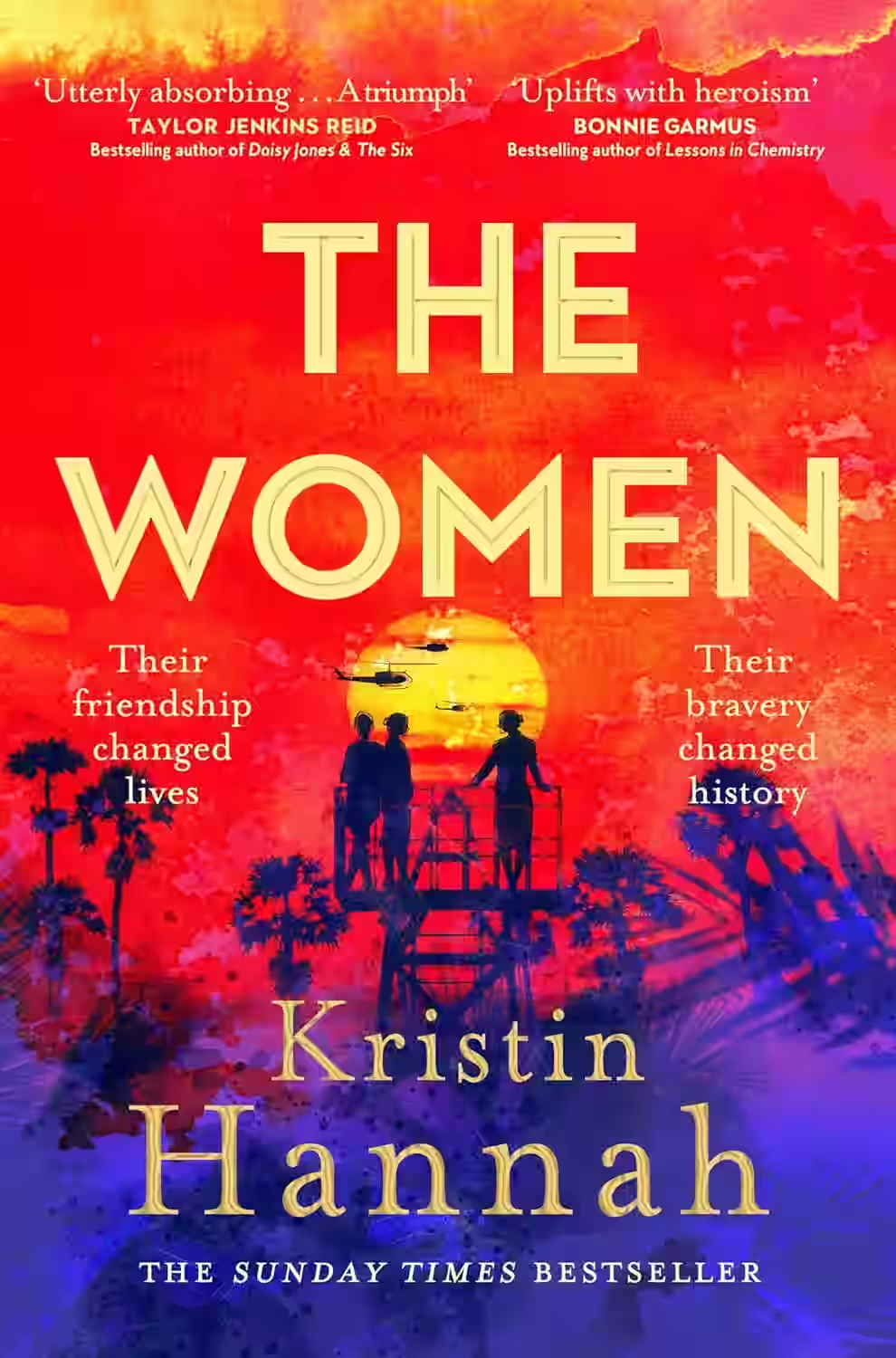
The Women
Kristin Hannah's The Women is a gripping tale of resilience and sacrifice during the Vietnam War. The novel follows a young woman who enlists as a nurse, confronting the harsh realities of war and the challenges faced by female veterans. Through her journey, the story highlights themes of courage, friendship, and the fight for recognition in a divided America. Hannah's narrative sheds light on the untold heroism of women during a tumultuous period, offering an intimate historical drama that resonates with contemporary discussions on gender and service.
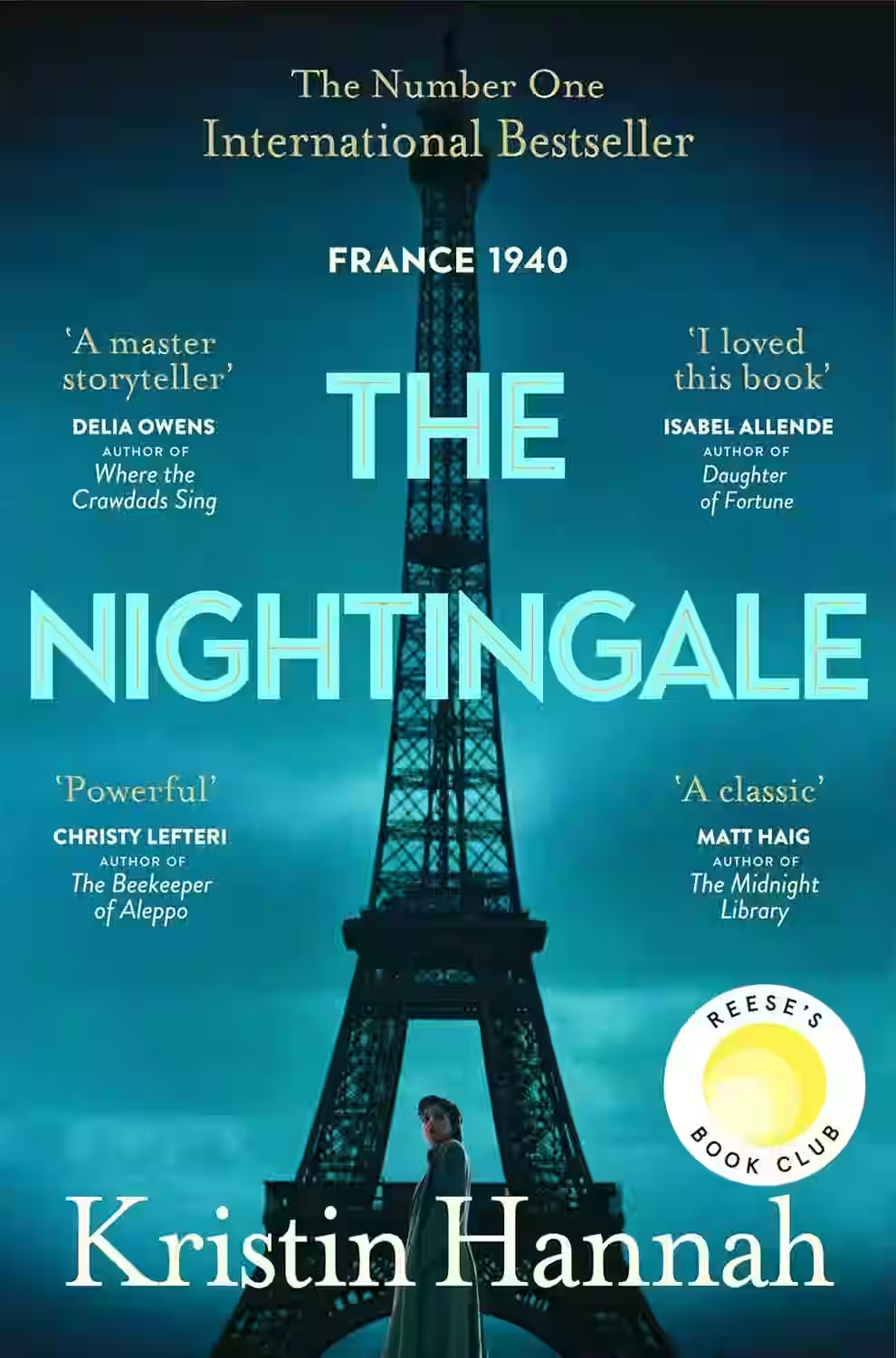
The Nightingale
Kristin Hannah's 'The Nightingale' is a poignant tale set in Nazi-occupied France during World War II, following the lives of two sisters, Vianne and Isabelle, as they navigate love, sacrifice, and resistance. Vianne, a mother and wife, faces impossible choices to protect her family, while Isabelle joins the French Resistance, risking everything to fight for freedom. The novel beautifully captures the complexities of human relationships, the horrors of war, and the strength of women in the face of adversity. Through vivid storytelling and well-developed characters, Hannah weaves a gripping narrative that will tug at your heartstrings and linger in your thoughts long after finishing the last page.